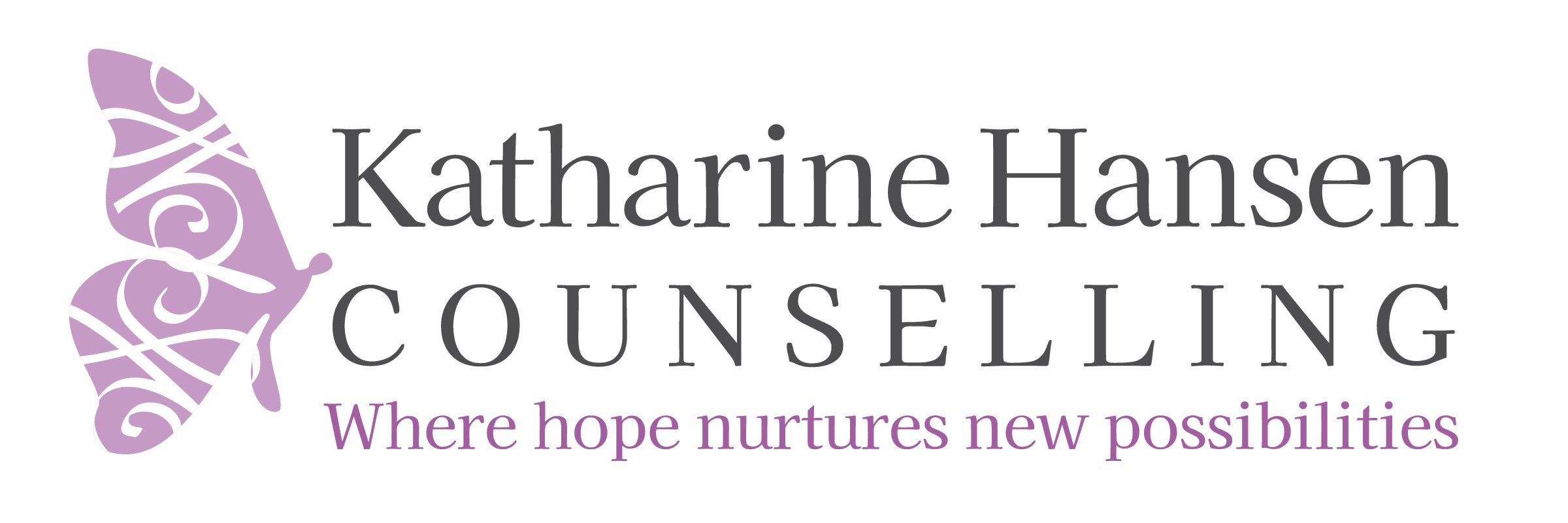Divorce is one of life’s most significant transitions, and it brings with it a mix of emotions, challenges, and uncertainties. Whether the decision was mutual or unexpected, the process of separating from a partner can feel overwhelming. It’s natural to experience emotions such as sadness, anger, shame, and fear, all while trying to navigate the legal and logistical changes that come with divorce.
However, while divorce is undeniably difficult, it does not have to define your future. With the right support, you can move through this transition with resilience, self-compassion, and clarity. Kelowna divorce counselling provides a safe and supportive space to help you process your emotions, learn effective coping strategies, and create a clear plan for moving forward.
In this post, we’ll explore how counselling can help you cope with divorce and begin a new chapter with confidence.

Managing Overwhelming Emotions
Divorce can trigger an emotional rollercoaster. Some days, you might feel relief, while others bring deep sadness or resentment. It’s normal to experience a wide range of emotions, but without healthy ways to process them, they can become overwhelming. Here’s how counselling can help:
Processing Grief and Loss
- Even if the marriage was struggling, divorce still represents a loss. It’s the end of a shared future, routines, and expectations. Grief is a natural response, and counselling offers a space to acknowledge this loss without judgment. Instead of suppressing emotions, therapy helps you express and understand them, making space for healing.
Navigating Anger and Resentment
- Anger is a common emotion during divorce, whether it’s directed at your ex-partner, yourself, or the situation as a whole. While anger can be valid, holding onto it for too long can be damaging. A counsellor can help you process these emotions in a way that allows you to release resentment rather than letting it control your healing journey.
Overcoming Shame and Self-Blame
- Many individuals struggle with feelings of failure or shame after divorce, believing they “should have done more” or “should have made it work.” Counselling helps challenge these self-critical thoughts and replace them with self-compassion. You are not defined by your divorce—this is simply one chapter in your life, not the entire story.
Managing Fear and Uncertainty
- Fear of the unknown is one of the hardest aspects of divorce. You may wonder how you’ll manage financially, how to navigate co-parenting, or whether you’ll ever find love again. A counsellor provides guidance to help you sit with uncertainty and develop strategies for moving forward with confidence.

Learning Coping Mechanisms for Dealing with Change
Change is hard, even when it’s necessary. Divorce disrupts your routine, family dynamics, and social circles. While it’s natural to feel unsettled, there are ways to regain a sense of control.
Practicing Mindfulness and Stress Reduction
- Divorce can create heightened stress, anxiety, and emotional exhaustion. Counselling can introduce mindfulness techniques such as deep breathing, meditation, or grounding exercises to help you stay present and reduce anxiety about the future.
Rebuilding Your Support System
- Divorce can sometimes feel isolating, especially if mutual friends drift away or family members struggle to understand your experience. Therapy can help you identify and strengthen a reliable support network—whether through close friends, family, or even divorce support groups.
Establishing Healthy Boundaries
- After divorce, setting clear emotional and logistical boundaries is essential, especially if children are involved. A counsellor can help you develop communication strategies that prioritize respect and reduce unnecessary conflict with your ex-partner.
Shifting Your Mindset
- Instead of seeing divorce as an ending, therapy can help reframe it as a new beginning. While it’s okay to mourn the past, shifting your perspective to what lies ahead can open the door to personal growth and self-discovery.

4 Key Steps to Moving Forward After Divorce with Clarity and Confidence
Healing from divorce isn’t just about processing emotions—it’s also about actively shaping your future. While the path ahead may feel uncertain, having a clear plan can make the transition more manageable. Here are four key steps that can help you regain clarity and move forward with confidence:
- Setting New Goals – Define what you want for your future, whether it’s exploring new passions, making career changes, or strengthening personal relationships.
- Rediscovering Your Identity – Reconnect with who you are outside of your marriage by embracing your values, interests, and aspirations.
- Developing Emotional Resilience – Learn coping strategies to navigate difficult moments, process setbacks, and approach challenges with strength.
- Building a Life That Aligns with Your Needs – Focus on creating a fulfilling, balanced life that prioritizes self-care, meaningful connections, and emotional well-being.
By taking these steps, you can move forward with intention, turning this transition into an opportunity for growth and renewal. Counselling can help you create a roadmap for moving forward in a way that feels intentional and empowering.
Final Thoughts: Finding Hope After Divorce
Divorce is undeniably one of life’s most challenging experiences, but it can also be a turning point—a chance to heal, grow, and create a future that aligns with your true self. Kelowna divorce counselling provides the support, tools, and guidance you need to navigate this transition with clarity and confidence.
At Katharine Hansen Counselling, we understand the emotional toll that divorce takes, and we are here to help you move through this journey with self-compassion and hope. If you are struggling with the transition of divorce and need support, reach out today to begin your path toward healing.

